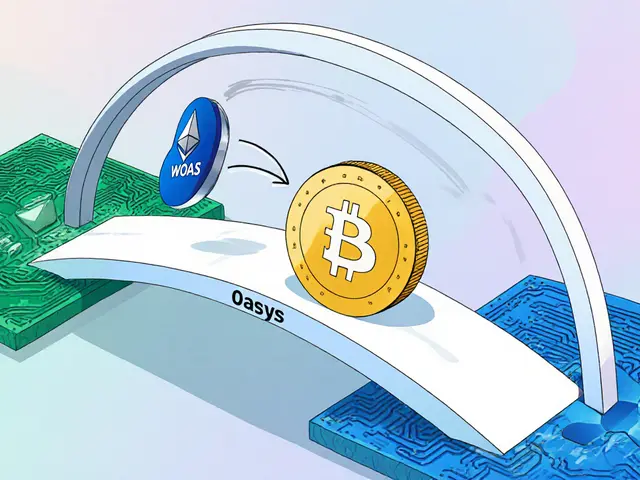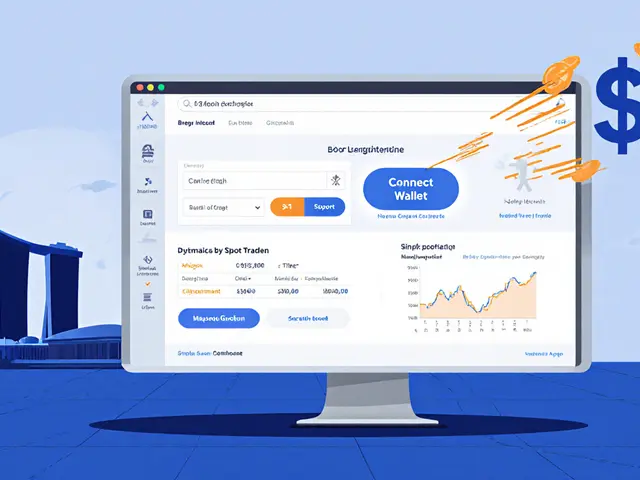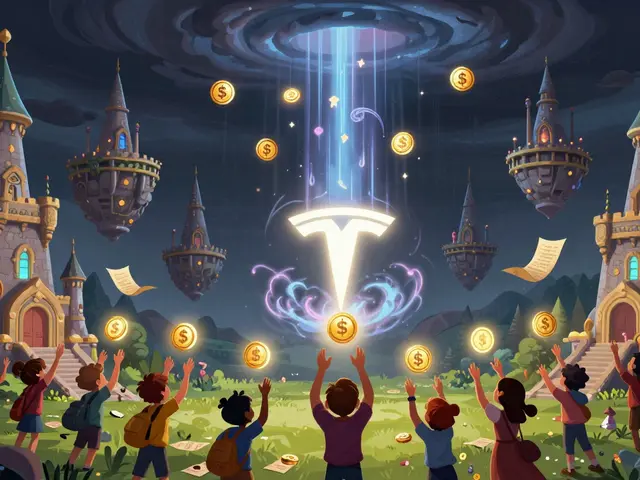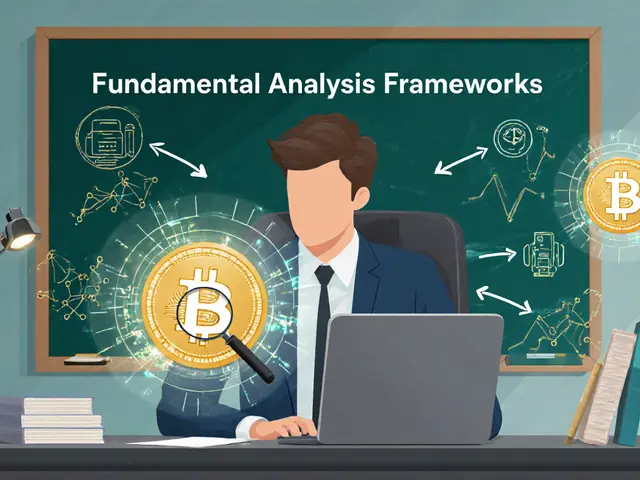Naira Depreciation
When talking about Naira depreciation, the ongoing loss of value of Nigeria's currency against foreign currencies, driven by inflation, policy shifts, and market dynamics. Also known as NGN devaluation, it reshapes everything from everyday buying power to investment choices. If you’ve felt your grocery bill rise or your dollar‑to‑naira rate wobble, you’re seeing this process in real time. Below we break down why this matters for crypto fans, traders, and anyone watching the Nigerian economy.
Why high inflation fuels the slide
One of the biggest engines behind the slide is inflation, the sustained rise in prices that erodes purchasing power. In Nigeria, double‑digit inflation rates have become the norm, pushing the Central Bank to adjust interest rates and intervene in foreign exchange markets. When inflation spikes, the naira loses its peg to stable currencies, making imports more expensive and squeezing household budgets. This creates a feedback loop: higher prices spark more demand for hard assets, which in turn puts additional pressure on the naira.
The link between inflation and currency strength is clear: high inflation drives Naira depreciation. As prices climb, both consumers and businesses look for ways to preserve wealth, and that’s where the next player steps in.
Another key factor is the exchange rate, the price of one currency expressed in terms of another. Nigeria’s official rate often diverges from the parallel market rate, creating arbitrage opportunities and fueling uncertainty. When the official rate lags behind market reality, traders turn to offshore platforms to get better deals, which further depresses the naira’s value on paper.
In practice, exchange rate volatility means more Nigerians are watching the foreign exchange board every day, comparing official quotes with street prices, and deciding whether to hold naira or move into dollars, euros, or digital assets. This volatility also pushes the government to tighten controls, which can backfire by driving more activity into unregulated channels.
Enter cryptocurrency, digital money that uses cryptography and blockchain to enable peer‑to‑peer transactions. With the naira losing ground, many Nigerians see crypto as a hedge against inflation and a shortcut around costly forex fees. Stablecoins, especially those pegged to the U.S. dollar, become popular because they combine the stability of fiat with the speed of blockchain. cryptocurrency adoption spikes as people look for a store of value that isn’t tied to the local monetary policy.
Crypto also offers another advantage: access to global markets without needing a bank account that can handle foreign currency. For a country where banking services often lag behind digital innovation, this is a game‑changer. The result is a vibrant ecosystem of peer‑to‑peer trading, decentralized finance (DeFi) lending, and cross‑border payments that bypass traditional exchange controls.
Underlying all of this is the blockchain, the distributed ledger technology that records transactions transparently and securely. Blockchain provides the audit trail that lets users verify that their stablecoins are truly backed, and it enables smart contracts that automate payments without relying on a weakened banking system. By offering transparency, blockchain helps restore some trust that erodes when the naira keeps sliding.
So what does all this mean for you? If you’re tracking the Nigerian market, expect to see more chatter about crypto wallets, stablecoin usage, and DeFi platforms. The articles below dig into related topics—from tax rules on crypto gains to how regulatory changes in other countries might affect Nigerian traders. Whether you’re a casual investor or a seasoned trader, understanding how Naira depreciation intertwines with inflation, exchange rates, and blockchain will give you a clearer view of the opportunities and risks ahead.
Cryptocurrency trading is pulling billions out of Nigeria's economy, devaluing the naira and reshaping remittances. This article explains the scale, drivers, regulatory shifts, and what it means for everyday Nigerians.


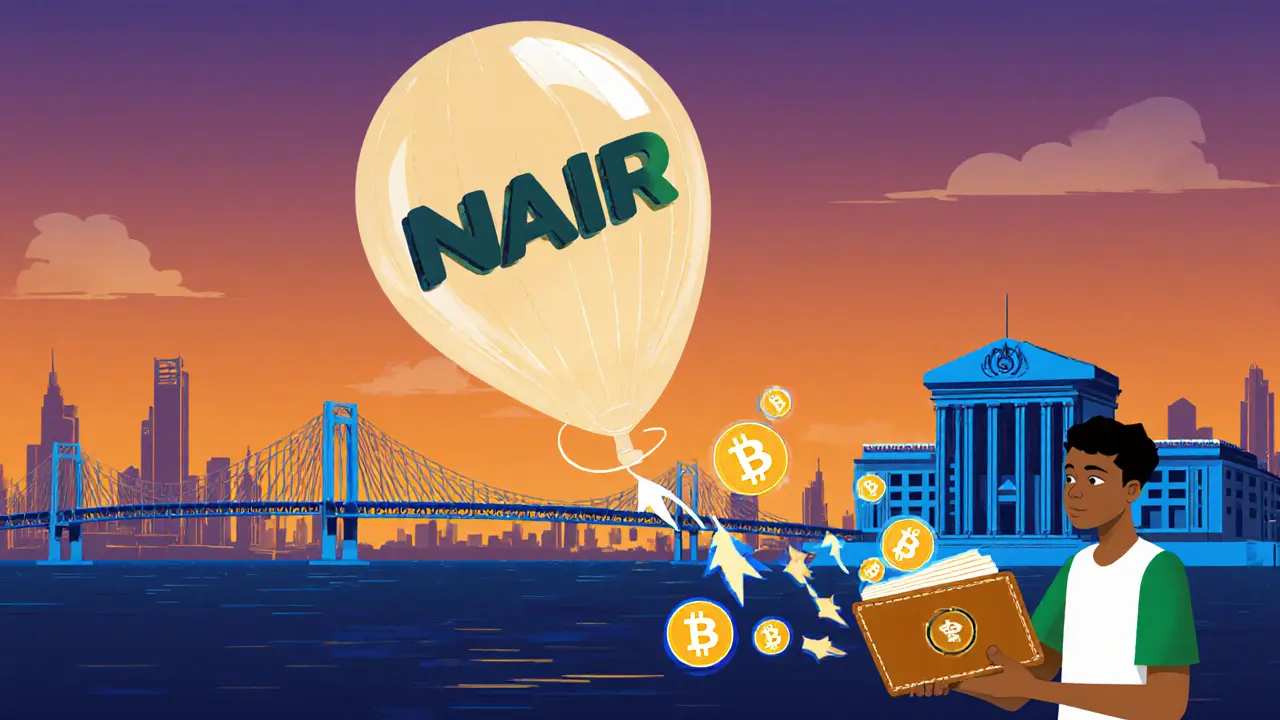
 Finance
Finance
